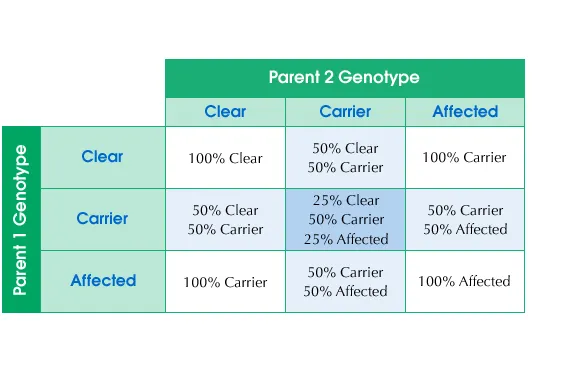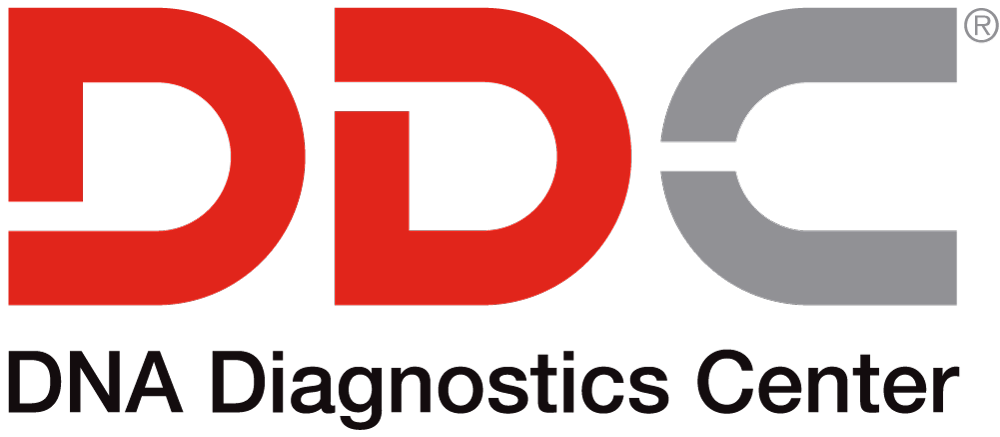November 6, 2018
Facts about EIC in Dogs

Most dogs love to be on the move—and for hunting breeds like Labrador Retrievers, being able to run and do their jobs is just about what they love most. Unfortunately, breeders and hunting enthusiasts have observed for years that exercise intolerance and even collapse often appeared in hunting and field-trial dogs, although the root cause was not always well understood. Now, the cause is clear, though a cure remains elusive. Here are the facts about EIC in dogs—Exercise Induced Collapse.
Order a dog DNA test now
What is EIC in Dogs?
Exercise-Induced Collapse is a hereditary disease in which a genetic mutation is passed from parent to pup. Signs of the disease generally become apparent in young dogs that are 5 months to 3 years old; this is because it is during this time that serious training generally begins for field dogs. Counter-intuitively, it is not the runts of the litter that are most often affected, but rather, the prime specimens in a breed—those that are fit, muscular, and strong, with enthusiastic temperaments.
What are the Symptoms of EIC?
When participating in strenuous activity, an affected dog may experience:
- Sudden muscle weakness
- Loss of coordination
- Marked increase in body temperature
- Dragging of the hind legs
- Attacks of the above symptoms that last 5-25 minutes
In some rare cases, a dog may die as a result of an EIC attack, so it’s not a disease that should be taken lightly.
Which Dog Breeds are Affected by EIC?
Breeds in which the EIC mutation has been identified:
- Labrador Retriever
- American Cocker Spaniel
- English Cocker Spaniel
- Bouvier des Flandres
- Boykin Spaniel
- Pembroke Welsh Corgi
- Chesapeake Bay Retriever
- Clumber Spaniel
- Curly-Coated Retriever
- German Wirehaired Pointer
- Old English Sheepdog
- Vizsla
Can EIC be Prevented?
Unfortunately, there is no cure for EIC, but it can be prevented.
FOR BREEDERS: If you are a breeder, the best thing you can do for the future of your breed is to have a dog DNA test for EIC performed and then remove any affected animals from the breeding pool.
FOR PET OWNERS: If your affected dog is a pet or hunting dog, he or she needs to be retired from high levels of activity immediately. Dogs with EIC may no longer be useful in the field, but they make terrific family pets.
Is Your Dog at Risk? A Dog DNA Test for EIC Can Tell You
There are 3 possible genotypes reported for EIC by our accredited DDC Veterinary laboratory:
CLEAR: those having 2 copies of the normal allele and appear to be normal
CARRIER: those having 1 copy of the normal allele and 1 copy of the EIC mutation but appear to be normal
AT RISK: those having 2 copies of the EIC mutation and will likely show clinical signs of EIC

What is the Treatment for EIC?
The best treatment is to let your dog enjoy a quieter, stress-free life without extremes in exercise and excitement. Some high-energy dogs have been treated with phenobarbital (an anti-seizure medication), which acts as a sedative. Your veterinarian will know best how to help your dog live a safe, happy, and rewarding life.
The Tip of the Tail
If you breed or own dogs that may be susceptible to EIC, it makes sense to have their DNA tested from an early age. Over time, and with the help of responsible ownership, it may be possible to eradicate this disease in dogs for good.
About DNA Diagnostics Center (DDC)
DNA Diagnostic Center is the world leader in paternity and relationship testing. We serve healthcare professionals, government agencies, and individuals around the world to determine family relationships with trusted accuracy.
More Questions? Don’t hesitate to call us: we’re here to help!
CALL NOW





